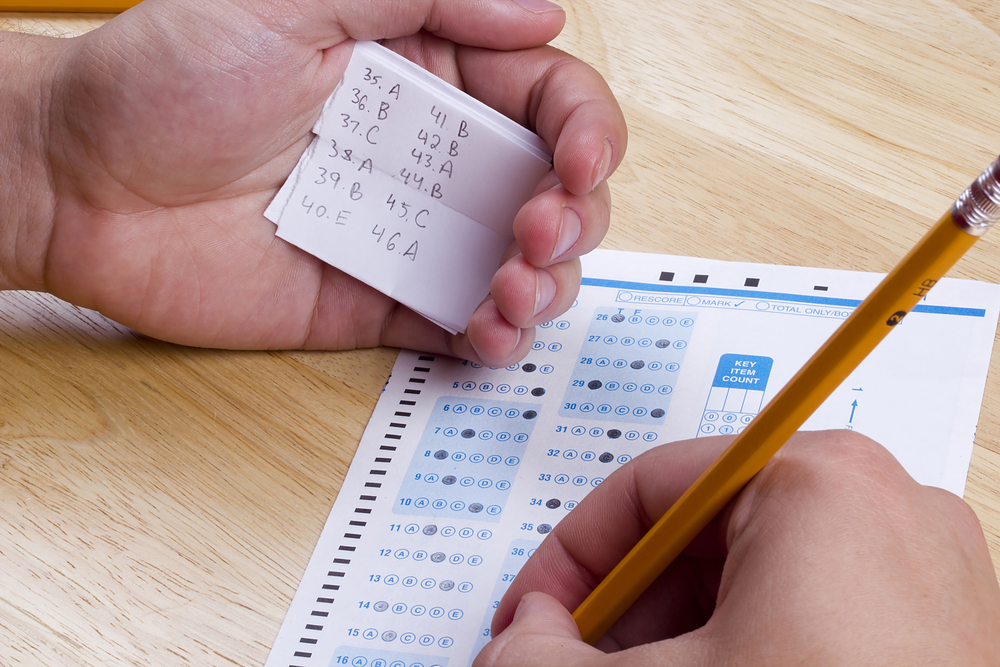As predicted, the College Board’s decision to bar tutors from the first administration of the new SAT had little effect on the security of the test; questions from the March 5th administration of the new SAT quickly made an appearance on various Chinese websites as well as College Confidential.
Reuters has now broken a major story detailing the SAT “cartels” that have sprung up in Asia, as well as the College Board’s inconsistent and lackluster response to what is clearly a serious and widespread problem.
It’s a two-part series, and it clearly takes the College Board to task for allowing the breaches.
As SAT was hit by security breaches, College Board went ahead with tests that had leaked
How Asian test-prep companies swiftly exposed the brand-new SAT
The fact that old SATs (particularly those used for international administrations) are regularly recycled has been the College Board’s dirty not-so-little secret for a while now. Apparently, that practice will continue with the new exam.
What even people who are aware that the College Board recycles tests do typically realize, however, is that the organization does so according a pattern, and thus tutors/companies in the know can often predict which test will be administered in a given location and prepare their students accordingly.
One way of mitigating the problem would of course be to create single-use tests; however, those would be more expensive to produce and would not solve the problem of test-takers in earlier time zones passing questions and answers to test-takers in later ones.
In addition, SATs test forms have disappeared from the locked boxes in which they were sent (the problem is described in more detail on this College Confidential thread). The problem also lies with the testing centers and proctors themselves. And since students are reconstructing the tests, this is not something that can be solved by barring tutors from the exam.
Interestingly, this is the first major article I’ve encountered to openly call attention to the the stake that the College Board — and colleges themselves — has in allowing the cheating to continue. Because international students almost uniformly pay sticker price, they are a major source of revenue for colleges. They also provide a steady stream of STEM students (although the numbers are higher at the graduate level than at the undergraduate level).
Not coincidentally, China sends more students to the United States than any other country; indeed, the number of Chinese students has nearly doubled from about 160,000 in 2010-11 to around 300,000 in 2014-15.
You can also read the College Board’s response, according to which the leaks are the merely fault of a handful of “bad actors.”
Tellingly, there is not a single mention of the recycled tests.
Also tellingly, David Coleman failed to comment.

That’s really interesting – good to know. I was under the impression that the reason they barred over 21 test takers was because the proportion of tutors to students was too high, thus not allowing them to calculate accurate concordance tables and all the other test stats the College Board makes. Maybe it’s a bit of both.
Do you think the problem is of the same magnitude for the ACT?